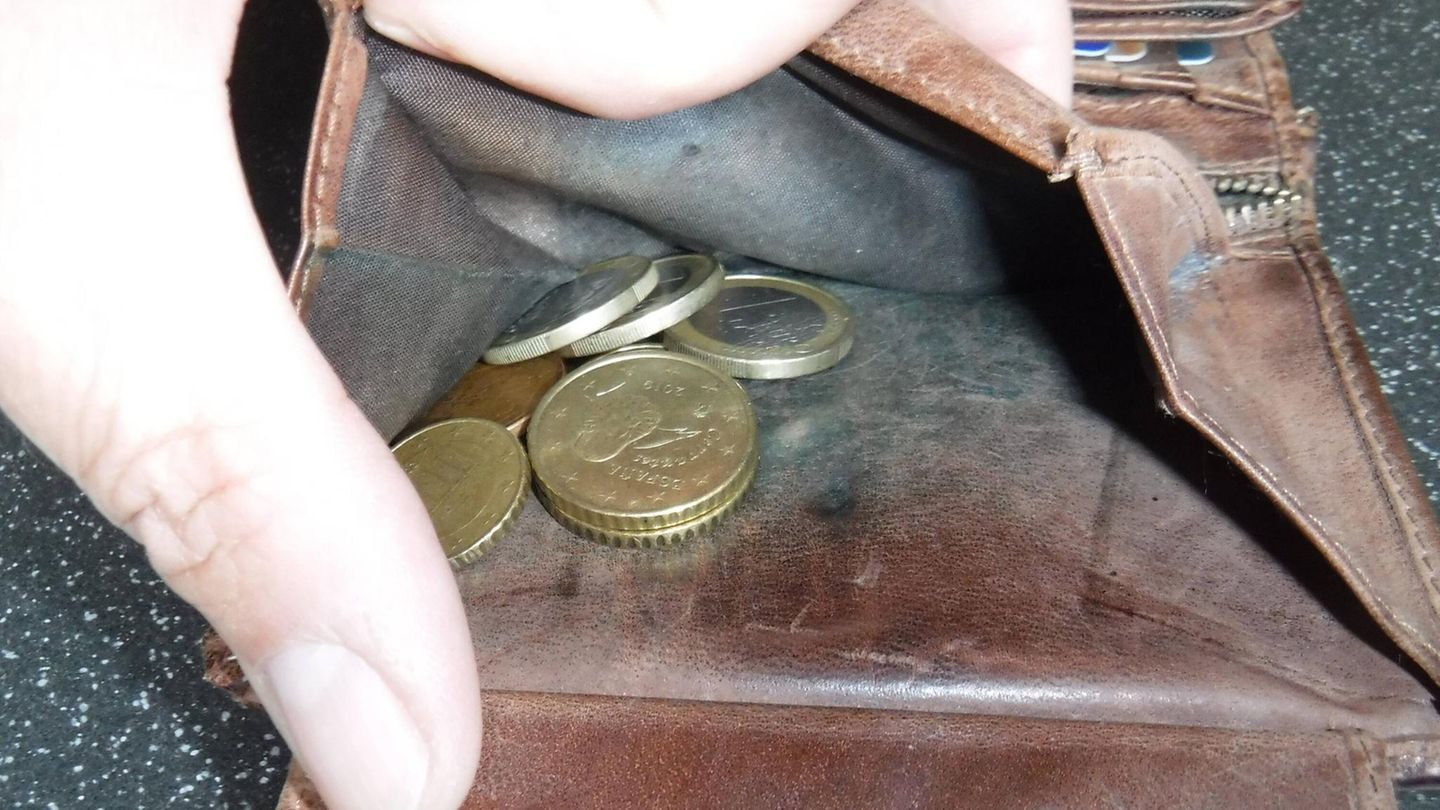

Barbara Rohrhofer
Editor-in-Chief Life and Health
Servus & goodbye
I’ve been surprised more than once when I heard (elementary school) children of friends and acquaintances speak really Piefkenesian. Almost as if they were about to moderate an ARD news program. Not a spark of dialect, although the parents really speak Upper Austrian.
It seems as if the dialect is disappearing rapidly. While school children speak perfect High German, young adults tend to use “Denglisch”, an adventurous mixture of German and English. “Everything easy going, Mom. We’re learning,” say the children – and I’m pretty sure that our dialect is just getting mixed up. Goodbye, servus, goodbye, ciao and good-bye.


Manfred Wolf
Editor magazine, boss on duty
Ask the old ones!
Linguistic purism, i.e. the endeavor to keep the language free of foreign words, has always existed. And yet countless words from all countries migrated into our standard language – if you follow the OÖN column “Sag ámoi”, you know that.
Admittedly, words are disappearing from time to time, technical progress is making the “rack wagon” obsolete, along with all the terms that describe its individual parts. But the dialect does not die because of this. The longing for identity – and that is our dialect – is driving more and more people to dig up these treasures of the elderly (tip: ask your parents and grandparents).
By the way: Anglicisms can also be helpful, see power nap: “nap” comes from “nafitzen”, i.e. a shorter nap.
What do you think?
Source: Nachrichten




